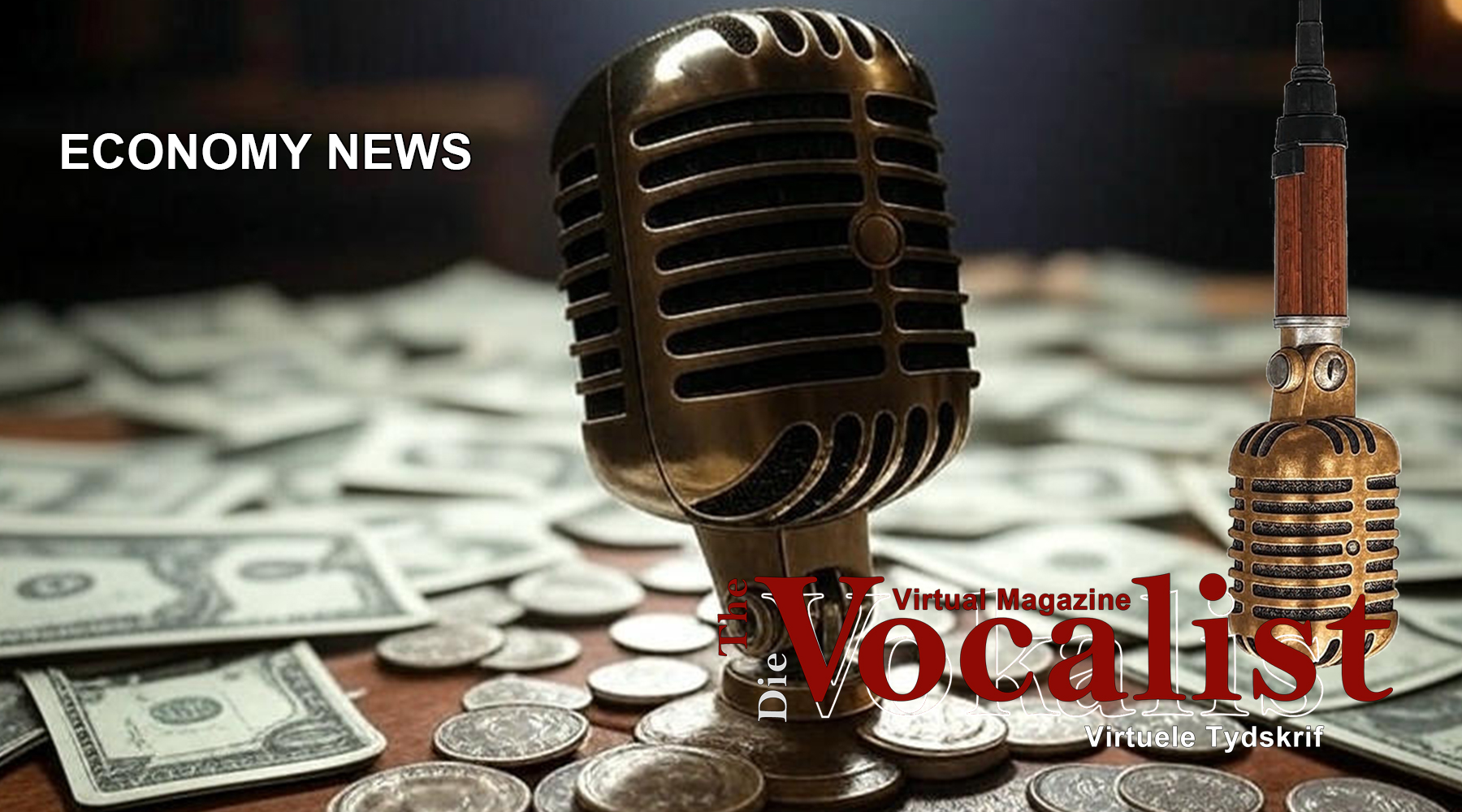Africa’s music industry is experiencing an unprecedented boom, with South African genres like amapiano and gqom leading the charge on global stages. From TikTok dance challenges to sold-out international tours, the continent’s sounds are reshaping pop culture and driving economic growth. Yet, for South African musicians, this surge in popularity comes with significant economic challenges, including erratic revenue streams, underdeveloped licensing systems, and rampant piracy. As the industry navigates this transformative era, artists and stakeholders are seeking innovative solutions to ensure that the economic benefits of Africa’s music boom reach the creators themselves.
The global rise of African music is undeniable. A 2023 Economist report highlighted that African music is becoming a global commodity, with platforms like Spotify, TikTok, and YouTube amplifying its reach. South African singer Zee Nxumalo, for instance, credits TikTok for her breakthrough, noting in a Rolling Stone interview, “Even though most of my songs are in isiZulu, fans around the world connect with them through dance challenges.” This algorithmic reach has enabled artists to access global audiences from their bedrooms, but the financial rewards are often elusive. The report notes that while African music generates significant streaming revenue, much of it fails to return to the continent due to weak intellectual property (IP) protections and limited infrastructure.
In South Africa, the economic landscape for musicians is particularly complex. The South African Performance Rights Association (SAMPRA) has been vocal about the need for stronger IP laws and better concert infrastructure to support artists. At the upcoming FAME Week Africa’s Muziki Africa Programme, set for September 2025 in Cape Town, SAMPRA will host panels to address these issues, bringing together artists, policymakers, and industry leaders. The discussions will focus on creating sustainable revenue models, such as improved royalty collection systems and partnerships with global streaming platforms. “Our artists are creating world-class music, but they’re not seeing world-class paychecks,” says SAMPRA’s CEO, Pfanani Lishivha. “We need systems that ensure fair compensation.”
Piracy remains a significant hurdle. Despite the decline of physical CD sales, as noted by Ghanaian producer Socrate Safo in a Graphic Online report, digital piracy continues to erode artists’ earnings. Safo argues that there is still a market for physical formats among high-income consumers, but the shift to streaming has left many South African artists reliant on platforms that offer minimal payouts. For example, a 2025 Digital Music News report estimates that artists earn less than $0.01 per stream on major platforms, making it difficult for emerging musicians to sustain careers without supplementary income from live performances or endorsements.
However, opportunities are emerging. The African Development Bank’s 2025 Country Focus Report for South Africa emphasizes the country’s $3 trillion capital potential, which could be unlocked through strategic reforms in creative industries. Initiatives like the Milk + Cookies Music Week South Africa, held from December 2024 to January 2025, demonstrate the potential for economic growth through cultural events. The festival featured performances by local artists like Uncle Waffles and workshops to develop rising stars, fostering economic activity through tourism and networking. Such events highlight the importance of live performances, which remain a primary revenue source for many South African musicians.
Social media platforms are also creating new revenue streams. TikTok’s investment in African creators has enabled artists like Nxumalo to monetize their content through brand partnerships and viral challenges. Similarly, Spotify’s RADAR program, which named South African DJ Thakzin as its 2025 Southern Africa artist, offers promotional support and playlist placements that can boost earnings. However, these opportunities are not evenly distributed, and rural artists often lack access to the digital infrastructure needed to compete. “The digital divide is real,” says Durban-based producer DJ Thwenny Eight. “If you’re not in Joburg or Cape Town, it’s hard to get noticed.”
To address these disparities, organizations like the South African Cultural Observatory (SACO) are advocating for increased investment in music business education. SACO’s 2025 call for applications encourages artists to develop entrepreneurial skills, helping them navigate contracts, royalties, and digital marketing. Such initiatives are crucial in a country where economic inequality remains stark, as highlighted by a recent Oxfam report noting that South African billionaires like Johann Rupert hold more wealth than half the continent’s population. By empowering artists with financial literacy, SACO aims to bridge the gap between creative output and economic success.
As South Africa’s music industry continues to grow, the challenge lies in ensuring that economic benefits reach the artists driving the boom. From strengthening IP laws to fostering digital inclusion, stakeholders are working to create a more equitable ecosystem. For now, artists like Zee Nxumalo and DJ Thwenny Eight are proving that with talent and tenacity, South African musicians can turn global attention into economic opportunity, one beat at a time.
Discover more from Vocalist
Subscribe to get the latest posts sent to your email.




